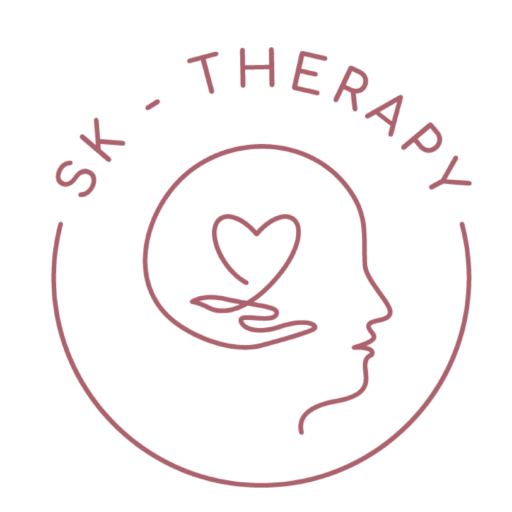What I treat
ANXIETY MIGHT BE UNPLEASANT, BUT IT’S NOT DANGEROUS
Anxiety is a normal human emotion of fear, worry or tension about what is to come. In its core, anxiety is a survival mechanism that aims to protect us and helps us to survive however, anything that is too much can be unhealthy. Anxiety comes in many different forms and anxiety disorders are among the most common mental health problems in the world. Almost every health issue has an anxiety element in it. About 1 in 4 people will experience anxiety at some point in their life. CBT is considered the best treatment for anxiety:
https://mind.help/topic/cognitive-behavioral-therapy/effectiveness/

General Anxiety Disorder (GAD) is a long-term condition characterised by constant, excessive and often incontrollable worries over several problems rather than one specific.
You might experience psychological symptoms such as restlessness, irritability, difficulties concentrating and feeling constantly “on edge”.
Also,physical symptoms like heart palpitations,shortness of breath, headache, dizziness, feeling sick, insomnia. This list is not extensive and you might experience some of the symptoms and not others.
How CBH can help – Using protocols from CBT can help understanding negative thinking patterns and feelings. We will also usgraded exposure which means gradually expose yourself to anxiety provoking situations starting from the easiest one and working towards the most difficult one to gain confidence. So, it is not only positive thinking but also changing the behaviour and creating and reinforcing new habits. Hypnotherapy can help in this process by learning to relax and being able to recall the feeling of relaxation anywhere.
Social phobia/anxiety encounters all types of anxieties related to social interaction. The most common symptoms indlude difficulties meeting. speaking with and being around people with overwhelming feeling of inadequacy and fear of being judged or criticized. Social anxiety can affect one’s life tremendously with struggles to go out of the house, find a job, speak on the phone, have friends, have a relationship, eat with other people, asking for help. Social anxiety can be treated with medication, therapy or both.
Exposure therapy is a specific type of Cognitive – Behavioural Therapy that includes facing fear in real situations which has been proven to diminish anxiety over time. Exposure therapy can be combined with imagery exercises and relaxation techniques to be learned and practiced before the exposure itself.


Fear of public speaking is a form of social anxiety related to performance anxieties such as stage fright, test anxiety or writer’s block. It is the single most commonly feared situation in the world.It is more common than fear of heights or fear of snakes.
Many jobs require to speak in front of group of people, big or small -teachers, consultant, lawyers, managers, sales representatives, public relations professionals, journalists. And good communication skills belong to the soft skills that are not in the programms of schools and universities but are vital to success. Knowing how to present your thoughts and ideas in a calm and confident manner can help you to advance your career, grow your business and gain respect and credibility. Fear of public speaking extends to wedding speech nerves, job interviews, sales pitches and making videos.
Low self-esteem is an inaccurate perception of one self, if you are:
- doubting or blaming yourself,
- speaking harshly or criticizing yourself,
- underestimating your achievements and disregarding compliments,
- can’t stand up for yourself and
- don’t like much that person which you see every morning in the mirror
- or you genuinely believe that you are not good enough,


Low confidence is often connected to low self-esteem and people who are introverts and shy struggle with both. In this case, low self-esteem needs to be addressed first. However, sometimes people lack confidence in some areas of their life but are confident in others, In this case developing and expanding confidence will be easier.
Lack of assertiveness can be a by-product of the issues listed above. Assertiveness itself is a skill that can be learned and developed and this doesn’t mean to be arrogant and selfish but to be able to express your thoughts and feelings in a calm and confident manner without feeling guilty or unease. It is also the ability to express disagreement and say “No” and ask for help when needed.

Home
What to expect
About
Ask a question
FAQ
Privacy Policy
Terms of Use
Cookies Policy
Sign up with your email address to receive FREE content, links to useful resources, responses to frequently asked questions, news and updates.
